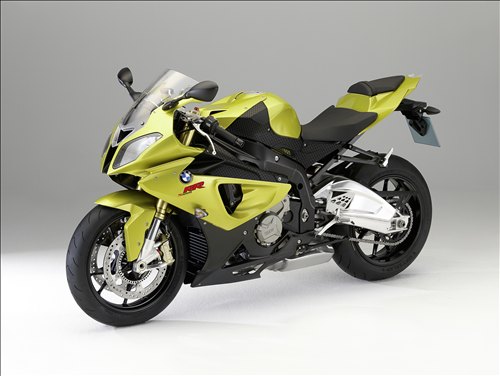skip to main |
skip to sidebar
wallpaper bike and car
In 2008, Mercedes had the worst CO2 average of all major European manufacturers, ranking 14th out of 14 manufacturers. Mercedes was also the worst manufacturer in 2007 and 2006 in terms of average CO2 levels, with 181 g and 188 g of CO2 emitted per km, respectively. In the United States, Mercedes-Benz was assessed a record US$30.66 million for their decision to not meet the federal corporate average fuel economy standard in 2009. Certain Mercedes-Benz cars including the S550, and all AMG models sold in the United States also face an additional gas guzzler tax. However, newer AMG models fitted with the M157 engine will not be subject to the gas-guzzler tax due to improved fuel economy. Since its inception, Mercedes-Benz had maintained a reputation for its quality and durability. Objective measures looking at passenger vehicles, such as J. D. Power surveys, demonstrated a downturn in reputation in this criteria in the late 1990s and early 2000s. By mid-2005, Mercedes temporarily returned to the industry average for initial quality, a measure of problems after the first 90 days of ownership, according to J.D. Power. In J.D. Power's Initial Quality Study for the first quarter of 2007, Mercedes showed dramatic improvement by climbing from 25th to 5th place, surpassing quality leader Toyota, and earning several awards for its models. For 2008, Mercedes-Benz's initial quality rating improved by yet another mark, to fourth place. On top of this accolade, it also received the Platinum Plant Quality Award for its Mercedes' Sindelfingen, Germany assembly plant. As of April 2011, Consumer Reports of the United States has changed their reliability ratings for several Mercedes-Benz vehicles ranking them "the least reliable vehicles in three categories. Six of its 13 models were below average, and the GLK SUV was far below average this year." Mercedes-Benz AMG became a majority owned division of Mercedes-Benz in 1998. The company was integrated into DaimlerChrysler in 1999, and became Mercedes-Benz AMG beginning on 1 January 1999. In 1958 Mercedes-Benz entered into a distribution agreement with the Studebaker-Packard Corporation of South Bend, Indiana (USA), makers of Studebaker and Packard brand automobiles. Under the deal, Studebaker would allow Mercedes-Benz access to its dealer network in the U.S., handle shipments of vehicles to the dealers, and in return, receive compensation for each car sold. Studebaker also was permitted to use the German automaker's name in its advertisements, which stressed Studebaker's quality over quantity.[citation needed] Mercedes-Benz (German pronunciation: [mɛʁˈtseːdəs ˈbɛnts]) is a German manufacturer of automobiles, buses, coaches, and trucks. Mercedes-Benz is a division of its parent company, Daimler AG. Mercedes-Benz traces its origins to Karl Benz's creation of the first petrol-powered car, the Benz Patent Motorwagen, patented in January 1886 and Gottlieb Daimler and engineer Wilhelm Maybach's conversion of a stagecoach by the addition of a petrol engine later that year. The Mercedes automobile was first marketed in 1901 by Daimler Motoren Gesellschaft. The first Mercedes-Benz brand name vehicles were produced in 1926, following the merger of Karl Benz's and Gottlieb Daimler's companies into the Daimler-Benz company. Mercedes-Benz has introduced many technological and safety innovations that later became common in other vehicles. Mercedes-Benz is one of the most well-known and established automotive brands in the world, and is also the world's oldest automotive brand still in existence today. Mercedes-Benz has a full range of passenger, light commercial and heavy commercial equipment. Production is on a global basis. The Smart marque of city cars has also been part of the Mercedes-Benz Group since 1994 and Mercedes-Benz re-launched the Maybach marque with the production 57 and 62 in 2002.





















